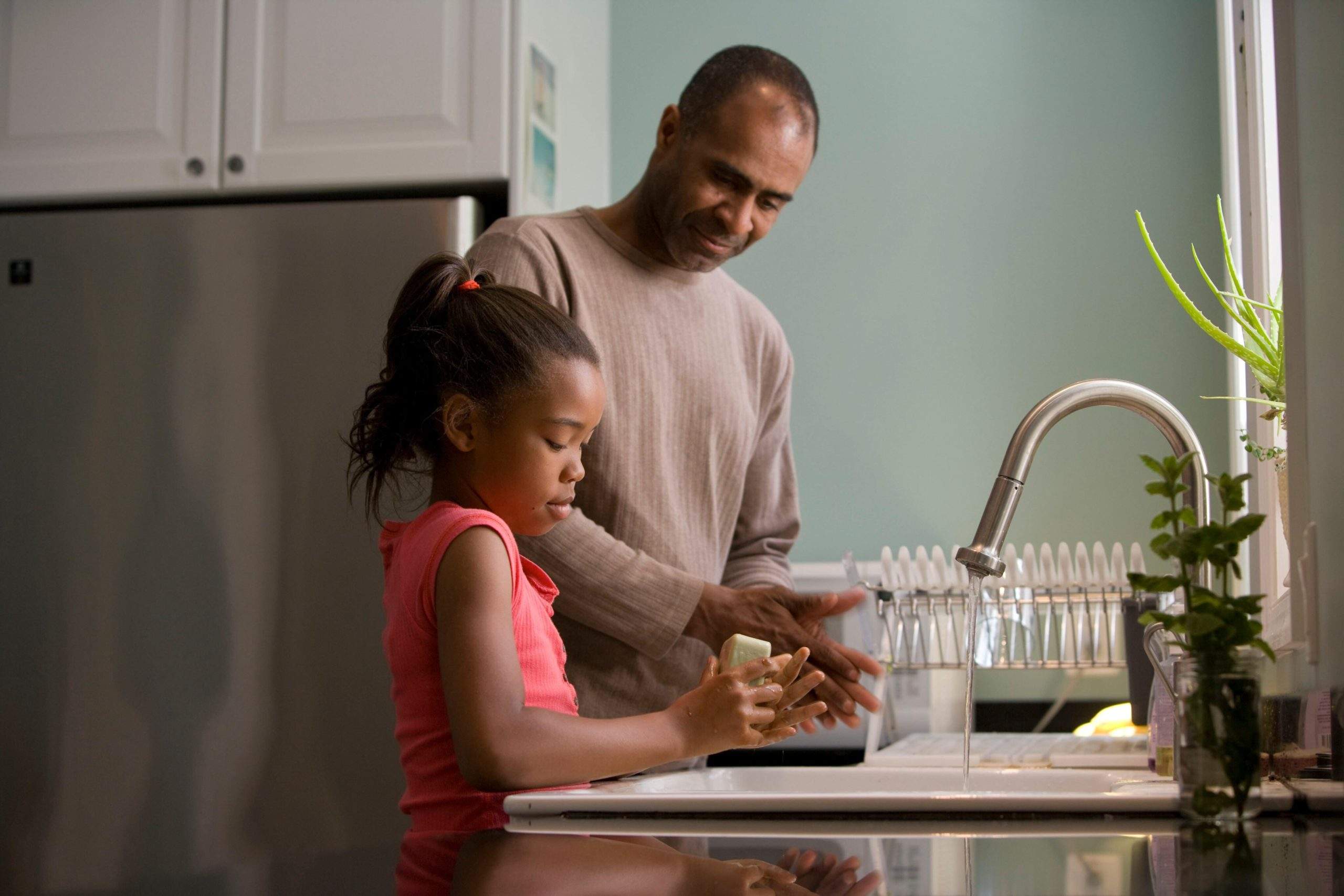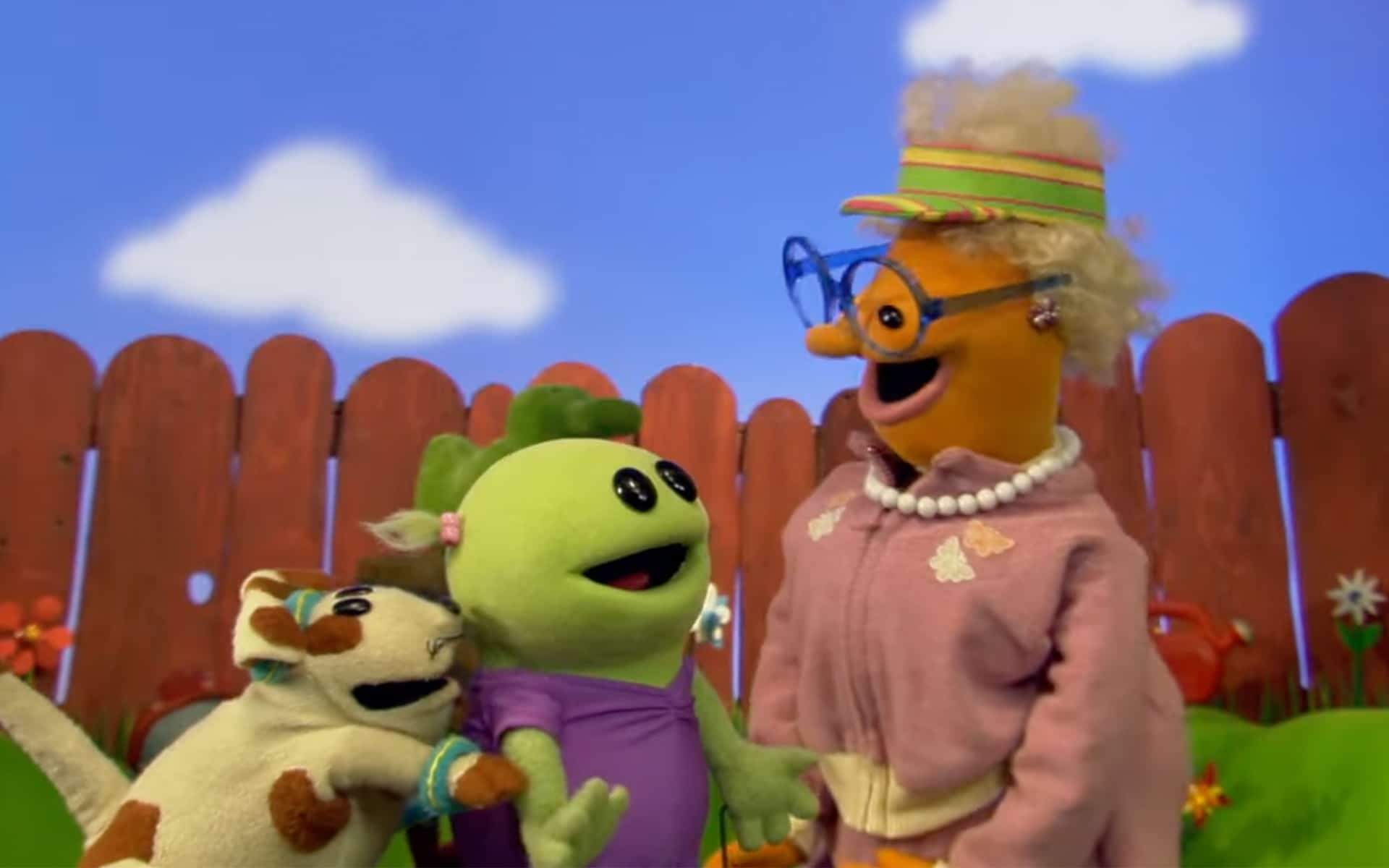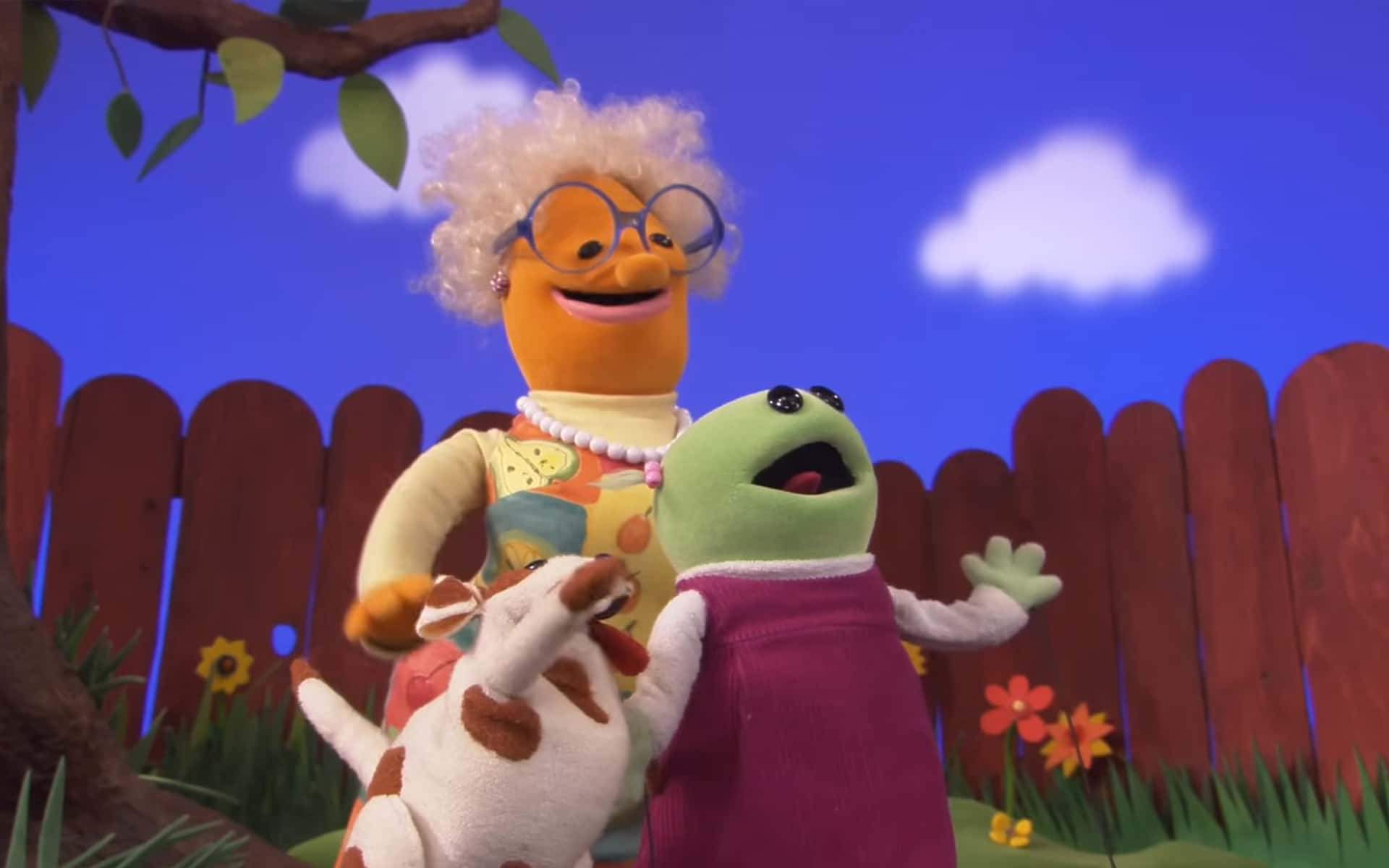Since my daughter, Opal, was just over a year old (she’s now six), I’ve tried to make a point of carving out what we call “special time” with her. This is time that I’m with her with zero interruptions. No email. No break for tea (unless it is her idea). No extra-long bathroom sessions where I sneak a look at my phone. Sometimes it’s only 10, 15, 30 minutes, but I try to do it every day or every couple of days. I do this because I want her to feel how much I genuinely value our time together. She chooses what we do during special time, and I maintain a straight face as I comply, regardless of how I feel about the clean up time required for when we play ‘baker’ with bowls and wooden spoons and copious amounts of flour. I want her to feel like her ideas matter.
But lately I’ve noticed a major gap in my recall of the last many months of special times. I know that we played Uno in there somewhere, but I couldn’t begin to tell you what we talked about, or even evoke one clever thing she said. On one occasion, I do remember mapping out a mental list of errands that needed done once we were finished coloring in the mermaid coloring book. My body was all there and the phone was dutifully put away, but I was mentally elsewhere. Somewhere along the way, I had gotten lazy in my attentiveness. I was so “good” at doing special times that they had become automatic and lacked the fresh attention of a new experience.
And I would have likely continued in this vein had sickness not recently intervened.
Opal was home sick from school and we pieced together an entire day in the house, little by little. I had surrendered all things productive to stay home and nurse her back to health; I had no other objective. And it was between the mid-morning movie and lunch— two hours, tops— that she got carried away in playtime and I allowed myself to join her. Completely.
First, we played ‘Shopkins Store’ and I observed just how thoughtfully Opal arranged the tiny figurines by style and color. She then lined up Dominos to watch them topple over, something I had never seen her do. We squealed with glee when we successfully pulled off a Y-shaped topple. We did scratch paper art next and Opal pointed out that the shiny pages were harder to scratch off than the matte pages. She was so observant of the situations she created, so comprehensive in her own perceptions.
We then pretended to camp with her dolls and shared stories about our own camping trips, namely the time when it was really windy and neighboring campers gave us a rainbow kite that we still have in the garage. The doll tent turned into a ‘Humane Society’ where a pile of haphazardly selected stuffed animals ate the Shopkins as pet-snacks and Opal talked about how she still wants to be a vet, but mostly for dogs. We concluded the play session by going wild to the Pharrell song, Happy. We left cut-marks in the ragged living room rug.
In our post-play lassitude, we flopped down on the couch and Opal leaned in for a hug.
“This is the best time I have ever had with you,” she said.
Life doesn’t typically allow us a few hours of formless, unplanned time to do as we wish, uninterrupted by schedules, responsibilities and to-dos. Such is the beauty of a sick day. But the fact is, each of the pieces that comprised this lengthy play session could have been done individually, in smaller servings.
Presumably, what made this sick day so special for Opal was that she and her playtime orchestrations dazzled me. I was all there, noticing like crazy.
Wonderful, big-ticket outings like vacations, parties and goats with fat bellies to feed have a good chance at creating lasting memories. But, as I so clearly noticed with Opal on her sick day, having my full attention trumps all else, be it the excitement, or the money spent on or the story-worthiness of an activity.
It is these countless tiny moments of hearing, listening, acknowledging and being astonished by our kiddos that accumulate to create the fabric of their self-worth.
By really noticing her—really seeing her—I am infusing meaning into the mundane moments and the grand moments equally. This means I can make five-minutes really count, and sometimes five minutes is all I have!
It’s the age-old story of quality-versus-quantity. But in this case, quality doesn’t refer to what we spend our time doing nearly as much as how we spend that time. Surely we can’t be this mindful with our children all the time, but working a few meaningful exchanges into each day is workable for even the busiest parent. It is these countless tiny moments of hearing, listening, acknowledging and being astonished by our kiddos that accumulate to create the fabric of their self-worth.
So there we were on the couch together. I was present with all my senses. Opal was resting her little congested head on my chest, talking about the poetry reading in the big gym at school the previous day and the little boy who was sent home because he threw up. Her voice was doing the thing it does when she feels knowledgeable and commendable, where she over-enunciates her words and over-punctuates her sentences. Her hair smelled like vanilla-orange shampoo and was just on the verge of ticking a sneeze out of my nose.
4 Ways to Make Moments with Your Kids Count
Recently I spoke with mindful parenting expert and clinical psychologist Stefanie Goldstein about how to make the most out of any moment. Here are her 4 tips for making a mindful moment count:
1) Slow Down – “We are often so rushed to get out the door, dinner on the table and everyone to bed that we miss the small precious moments that are actually there. See if the next time you catch yourself rushing around, if you can take a deep breath, check in and see what or who you might be missing.”
2) Make Contact – “Families are often together but are not actually spending quality time connecting – everyone is doing their own thing, like sitting next to each other while everyone is on their own devices. Where can you make contact today – a simple hug, smile or loving touch can go a long way.”
3) Make it Count – “When was the last time you told your child or partner that you loved them, really looked them in the eyes and expressed your gratitude for something they said or did? See if you can find at least one thing to be grateful for with your family and tell them!”
4) Be Kind – “When we get caught up the stress and demands of keeping up with every day like, we can forget to be nice to each other. See where you can be kind to your loved ones today – perhaps doing something like leaving a sweet note in a lunch box or sending an unexpected text saying, “Just thinking of you.” Be kind whenever possible, knowing that it is always possible.”
read more
Join the Nanalympics! 6 Ways to Get Playful with Mindful Movement
With Nana, Mona, and Russell, moving your body is never boring. Here are some Nanalan’-inspired mindful movement ideas to help you shake up your exercise routine, keep moving throughout the day, and connect with your playful inner child. Read More
Embracing Change: What Nanalan’ Teaches Us About Saying Goodbye
When Mona loses her red balloon, she also learns some mindful lessons for navigating the sadness that can come with farewells. Read More
Learning to Wait: Mindful Ideas From Nanalan’
Most of us don’t like waiting for something we want. Is that so wrong?! Explore the mindful wisdom of Nanalan’ and we just might see the upsides of having to wait. Read More









